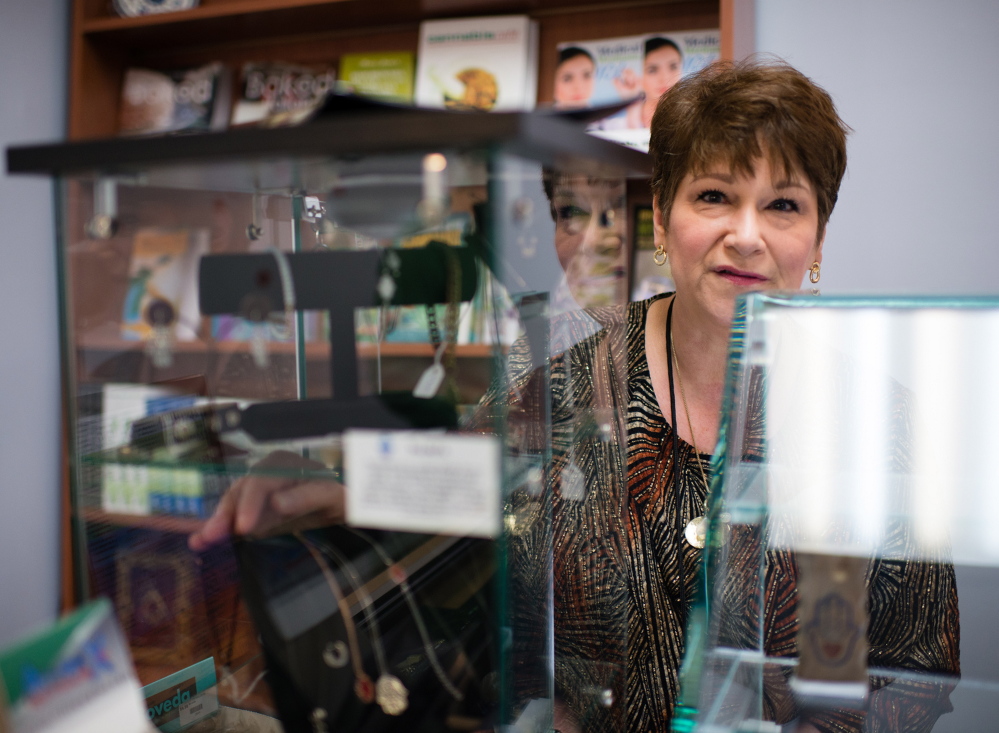WASHINGTON — Twice a week at the office of Patrick Fasusi, Washington residents line up to ask the pain specialist to approve their use of medical marijuana. For most, the brief wait in the lobby is longer than their consultation.
As marijuana, which became legal for recreational use in the nation’s capital in February, continues to morph from contraband to commonplace, Fasusi’s clinic is a window into the ease with which some residents have been buying officially sanctioned pot for more than two years.
More than 2,700 people have registered for the city’s medical marijuana program, a number that has more than tripled since summer, when the District of Columbia Council relaxed the rules for participation. And many observers predict that the interest spurred by legalization will lead even more people to jump through the minor hoops required to obtain an official medical marijuana card from the city’s Department of Health.
The first step is a stop at a sympathetic doctor’s office. More than 240 Washington physicians have applied to participate in the Department of Health’s online system that lets them recommend patients for medical cannabis.
But fewer doctors are busier, or more open about their work with medical marijuana patients, than Fasusi, a pain specialist and neurologist in northwest Washington. At a clinic, two patients agreed in March to let a reporter sit in on their consultation as long as they were not identified.
The first, an unemployed man in his mid-30s, complained of pain following knee surgery – in 1995 – and a loss of appetite. Fasusi took his temperature and blood pressure and asked him a series of questions.
About 18 minutes later, after examining the knee, the doctor filled out the health department’s electronic application for the card and told the man to return for a follow-up in four months.
Afterward, the doctor said the consultation were fairly typical, although he said most of his patients have seen other doctors about their medical conditions before they come to him.
Fasusi, a strong advocate of medicinal marijuana, wrote more than 1,000 cannabis recommendations in 2014. City regulations call for an audit of any physician who writes more than 250, and the doctor said he was called before a Department of Health panel last year. They asked questions but did not tell him to change his practice, and they noted that the 250 number was not meant as a limit, he said. The department said it could not comment on a specific physician’s prescribing habits.
“They were very, very supportive,” Fasusi said. “They wanted more information about how the program works.”
Send questions/comments to the editors.



Comments are no longer available on this story